Biden continues US' anti-Iran policy, imposes new sanctions despite claiming to be willing to join JCPOA
The US Treasury Department says it has imposed sanctions on an individual and businesses allegedly involved in trading Iranian oil despite Washington’s claims to be willing to rejoin the 2015 Iran nuclear deal.
The US Treasury’s Office of Foreign Assets Control announced on Friday that it has placed financial restrictions on an Omani national, who had allegedly worked with Islamic Revolution Guards Corps (IRGC) officials and facilitated shipments of Iranian oil, including to customers in East Asia.
It added that the sanctions included businesses associated with the Omani national, including his Oman-based company, which the Treasury claimed facilitates the shipment of Iranian oil, and a Muscat-based firm for allegedly facilitating oil deals.
The Treasury also targeted one Liberia-based and one Romania-based company linked to the Omani national.
The action freezes any US assets of those blacklisted and generally bars Americans from dealing with them.
US President Joe Biden has promised to re-enter the multilateral nuclear deal, officially known as the Joint Comprehensive Plan of Action (JCPOA), and abandon a “failed” maximum pressure campaign by former President Donald Trump against Iran.
The JCPOA was reached between Iran and six world powers, including the United States, Britain, France, Germany, Russia and China.
The deal was ditched by Trump in 2018 in spite of Iran’s full compliance with its contractual obligations.
Washington then began to put enormous pressure on Iran through sanctions, in what it called a “maximum pressure” policy, in order to force Tehran to negotiate a “better deal.”
For several months this year, representatives from Iran and the remaining signatories to the JCPOA held face-to-face talks in the Austrian capital of Vienna aimed at bringing the US back to compliance and putting the deal back on track.
So far, six rounds of negotiations have been held in the Austrian capital, as a result of which, according to participants, “significant progress” has been made in the course of the “constructive” and “businesslike” talks.
However, disagreements have persisted over a number of issues, including how to sequence the US sanctions removal, with Tehran arguing that since Washington was the party that violated the terms of the agreement, it should take the first step back into compliance with the deal by removing its unilateral sanctions.
In a phone call with his French counterpart Emmanuel Macron on Monday, Iran’s President Ebrahim Raeisi said the rights of the Iranian nation must be guaranteed in any negotiations and its interests must be met.
Emphasizing that both the United States and European countries must fulfill their obligations as per the nuclear deal, Iran’s president said, “The rights of the Iranian nation must be guaranteed in any negotiations and the interests of our nation must be met.”
In late July, US Secretary of State Antony Blinken said Washington is willing to resume negotiations with the new Iranian administration but said the talks “cannot go on indefinitely”.
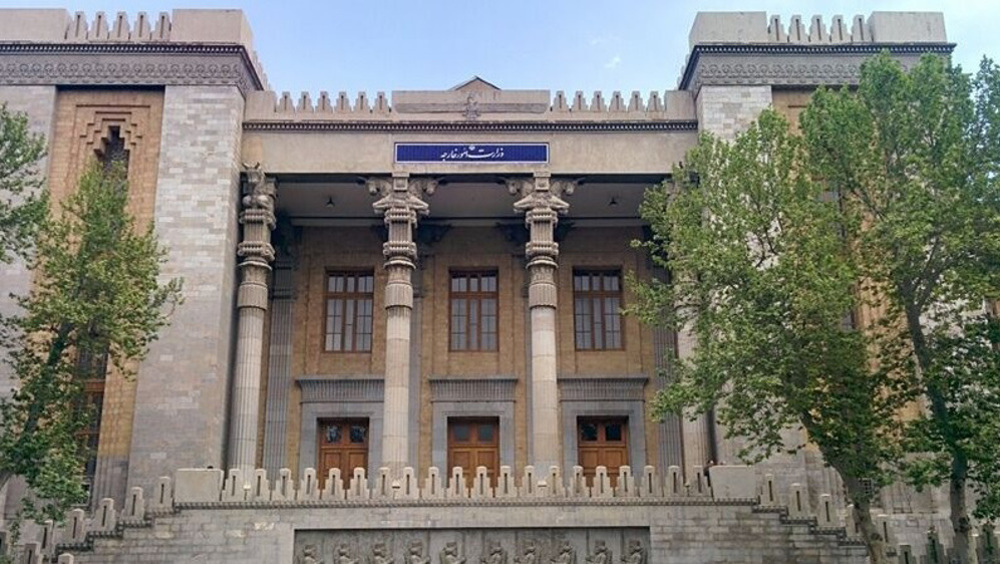
Iran summons Polish envoy over 'baseless, biased' drone claims
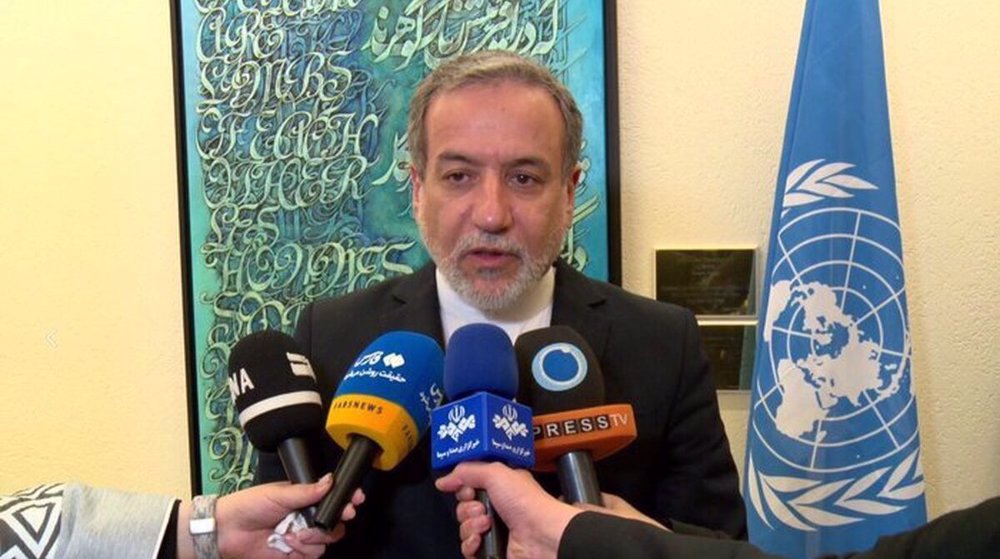
‘Misguided policies’: Araghchi says unjust sanctions inflict suffering on innocent Iranians
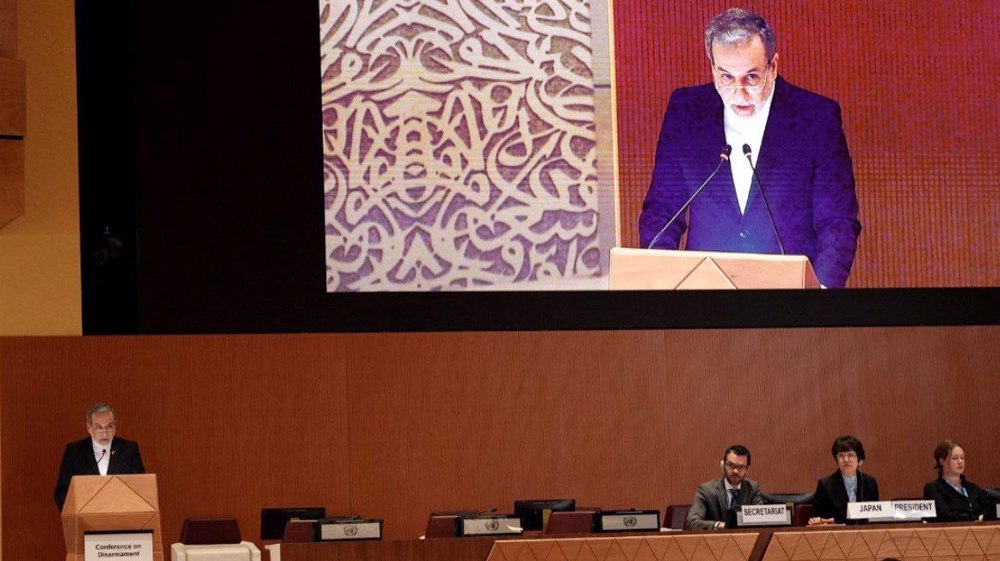
‘Grave threat’: Iran says Israel’s nukes endangering world, blasts US nuclear spending spree
Hezbollah's display of power proved resistance cannot be eliminated: Iran parl. speaker
Israel escalates West Bank raids as official says regime seeking to complete Gaza genocide
Australian senator smeared by anti-Iran groups for saying Iranian women 'have a voice'
Palestinian man dies in Israeli prison as Foreign Ministry urges intl. probe into regime’s crimes
Putin says not opposed to Europeans’ involvement in Ukraine talks
VIDEO | Iranian Kurdish protesters demand European action against PKK, PJAK terror
VIDEO | Israel expands offensive in northern West Bank, deploys tanks to Jenin
VIDEO | Spaniards fill streets of Cádiz in solidarity with Palestine


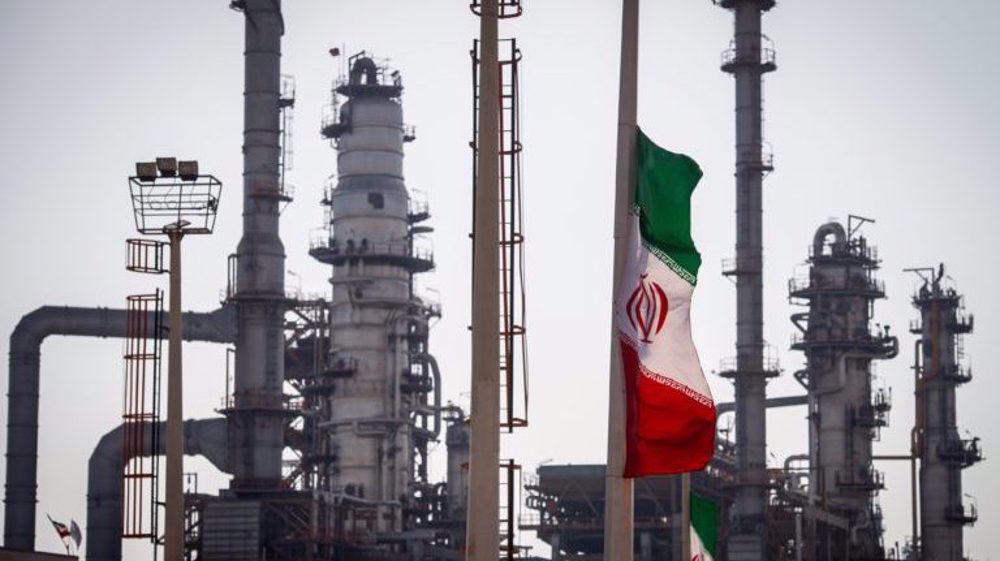
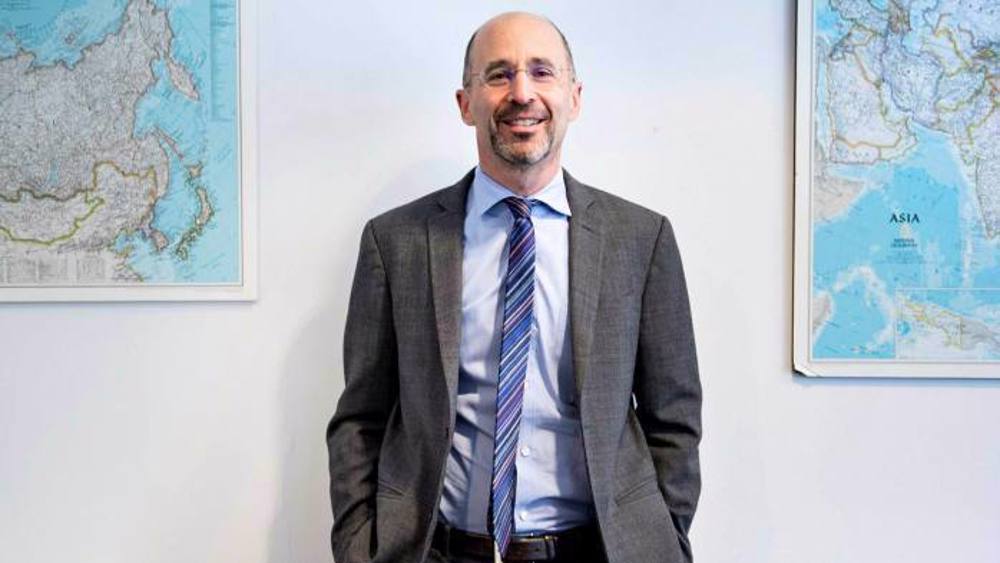
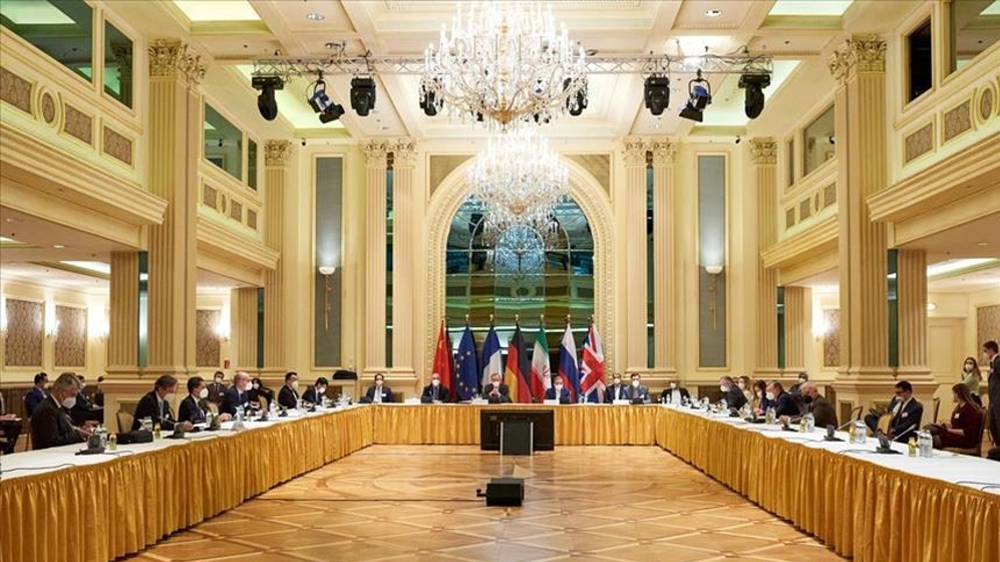
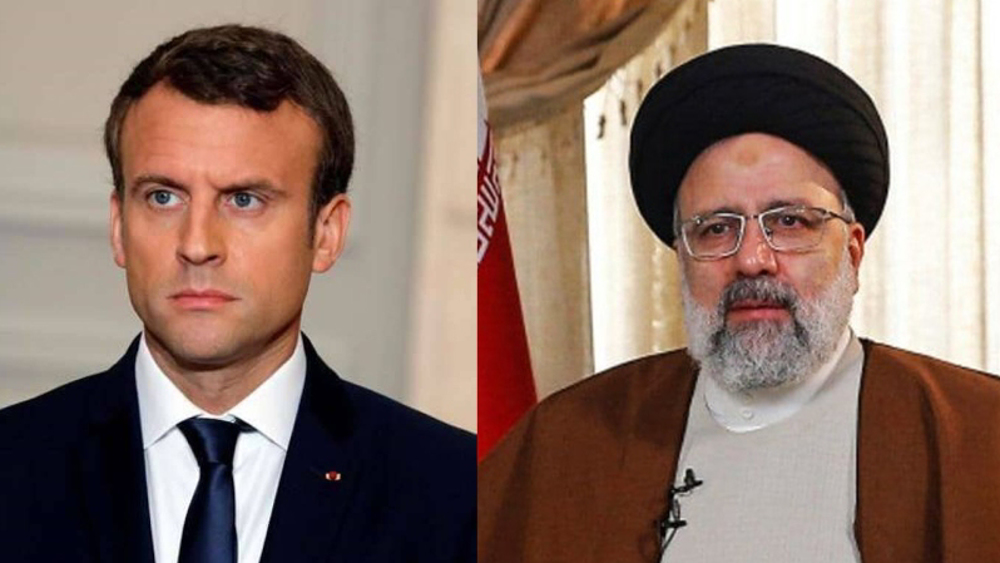




 This makes it easy to access the Press TV website
This makes it easy to access the Press TV website